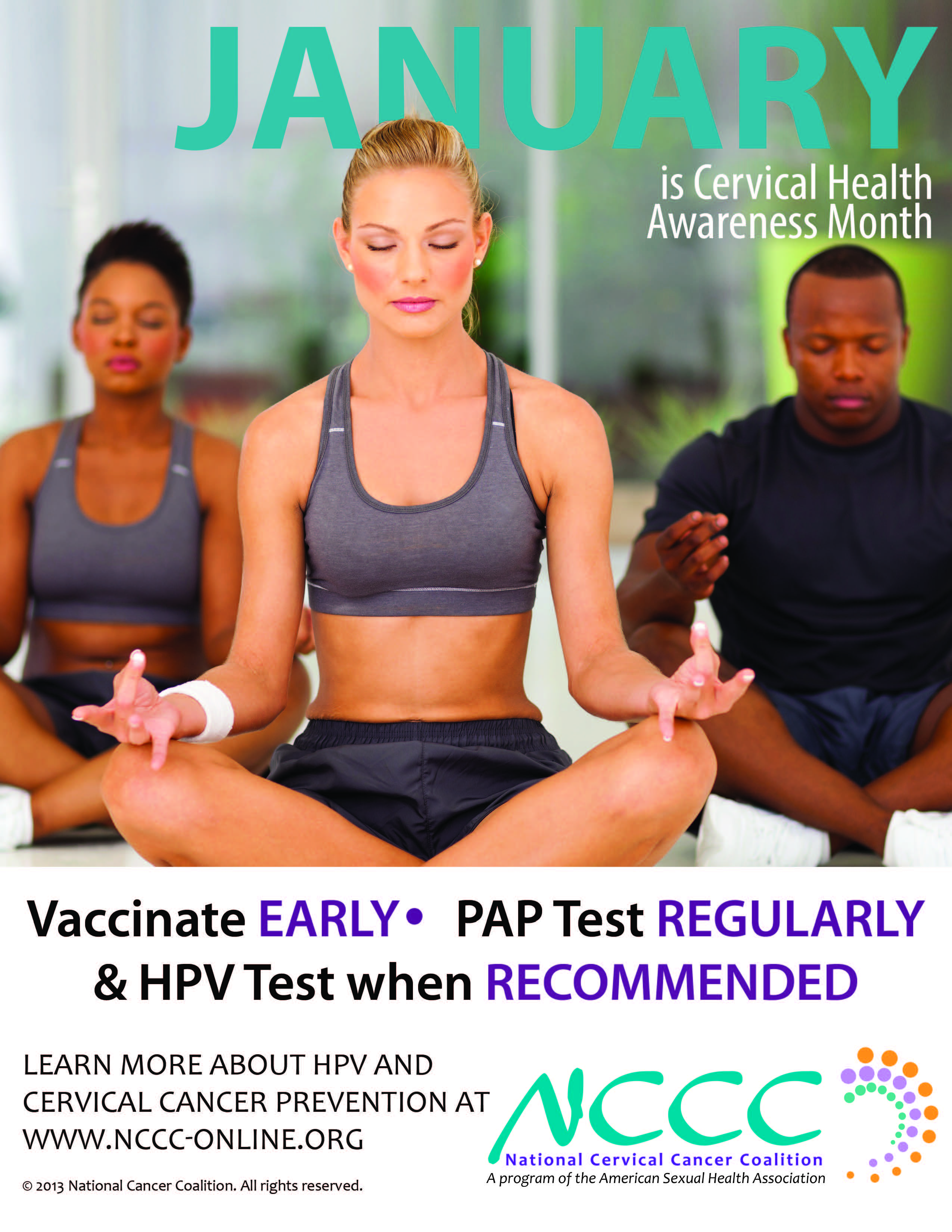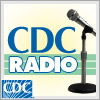This vaccine is for protection from most of the cancers caused by human papillomavirus (HPV) infection. HPV is a very common virus that spreads between people when they have sexual contact with another person. About 14 million people, including teens, become infected with HPV each year. HPV infection can cause cervical, vaginal, and vulvar cancers in women and penile cancer in men. HPV can also cause anal cancer, mouth/throat (oropharyngeal) cancer, and genital warts in both men and women.
When should my child be vaccinated?
The HPV vaccine is recommended for preteen boys and girls at age 11 or 12 so they are protected before ever being exposed to the virus. HPV vaccine also produces a higher immune response in preteens than in older adolescents. If your teen hasn’t gotten the vaccine yet, talk to their doctor about getting it for them as soon as possible.

HPV CANCER PREVENTION
Preteens need HPV vaccine now to prevent many of the cancers caused by HPV later.
More
The HPV vaccine is given in 3 shots. The second shot is given 1 or 2 months after the first shot. Then a third shot is given 6 months after the first shot.
What else should I know about HPV vaccine?
There are two HPV vaccines. Girls and young women should get either HPV vaccine to prevent cervical cancer.
One of the HPV vaccines also protects against genital warts and anal cancer in both females and males.Boys should get this HPV vaccine to prevent anal cancer and genital warts. Girls can get this vaccine to prevent cervical cancer, anal cancer and genital warts.
Both HPV vaccines have been studied very carefully. These studies showed no serious safety concerns. Common, mild adverse events (side effects) reported during these studies include pain in the arm where the shot was given, fever, dizziness and nausea.
Some preteens and teens might faint after getting the HPV vaccine or any shot. Preteens and teens should sit or lie down when they get a shot and stay like that for about 15 minutes after the shot. This can help prevent fainting and any injury that could happen while fainting.

Serious side effects from the HPV vaccine are rare. It is important to tell the doctor or nurse if your child has any severe allergies, including an allergy to latex or yeast. HPV vaccine is not recommended for anyone who is pregnant. HPV vaccination is recommended by the Centers for Disease Control and Prevention (CDC), the American Academy of Family Physicians, the American Academy of Pediatrics, and the Society for Adolescent Health and Medicine.


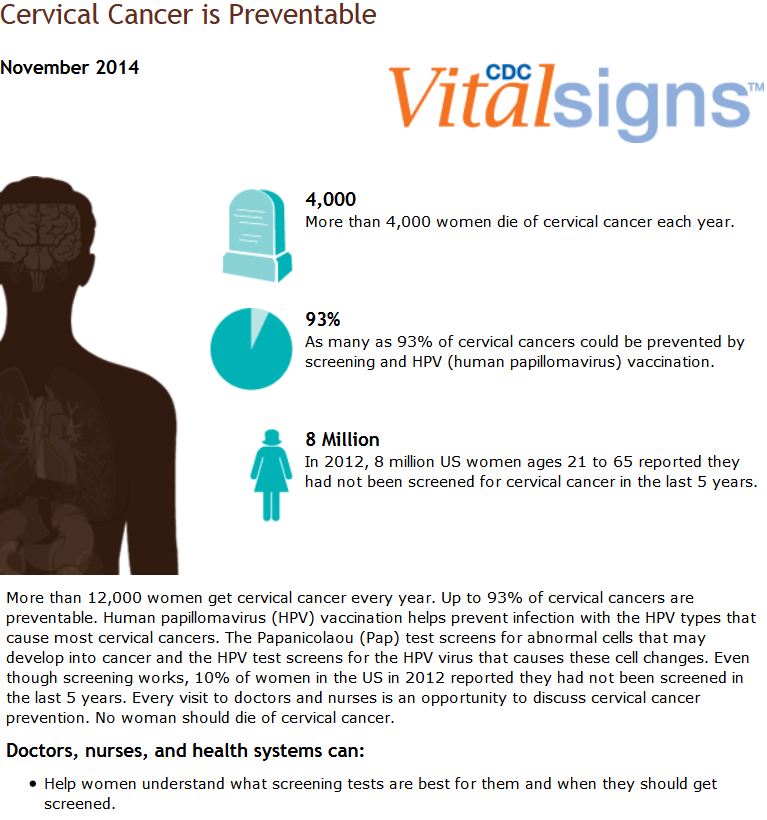
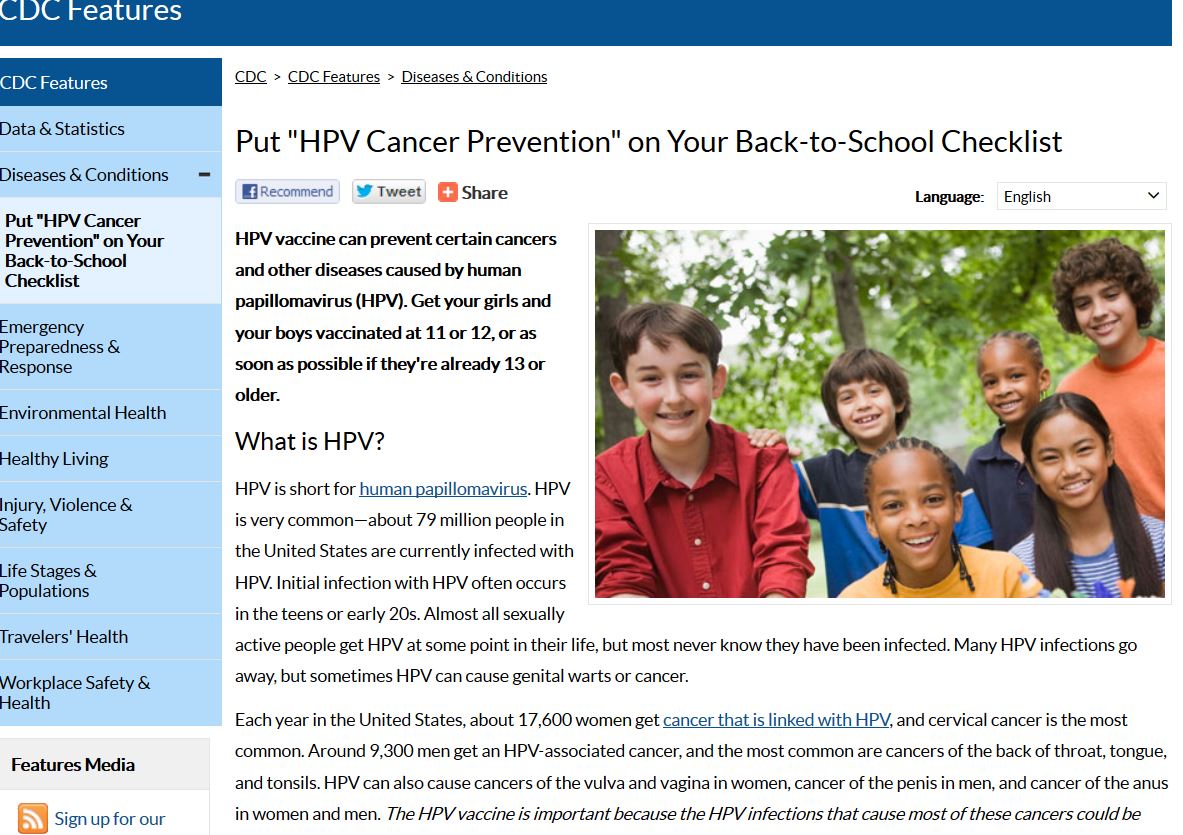
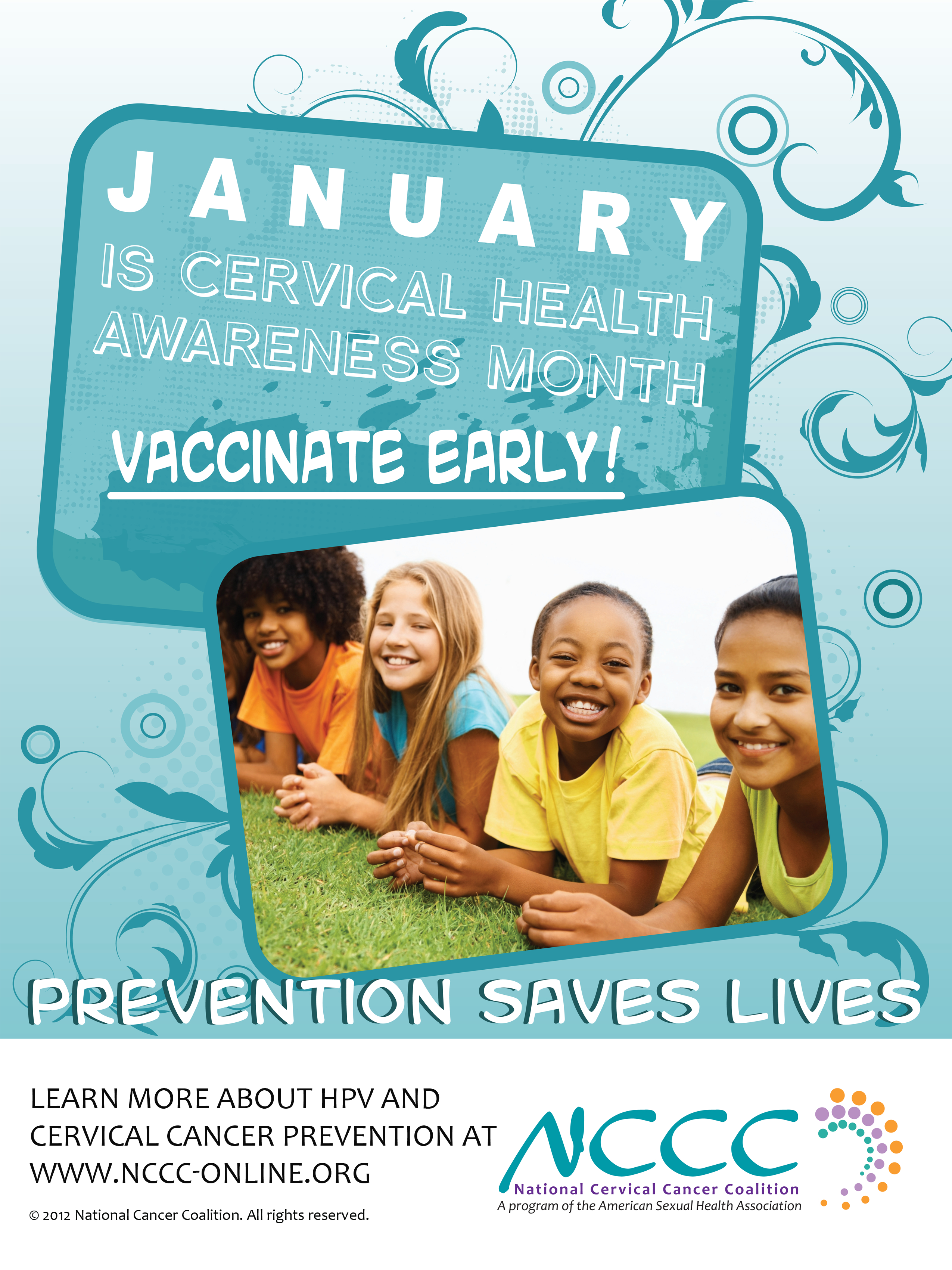


 In this issue:
In this issue: